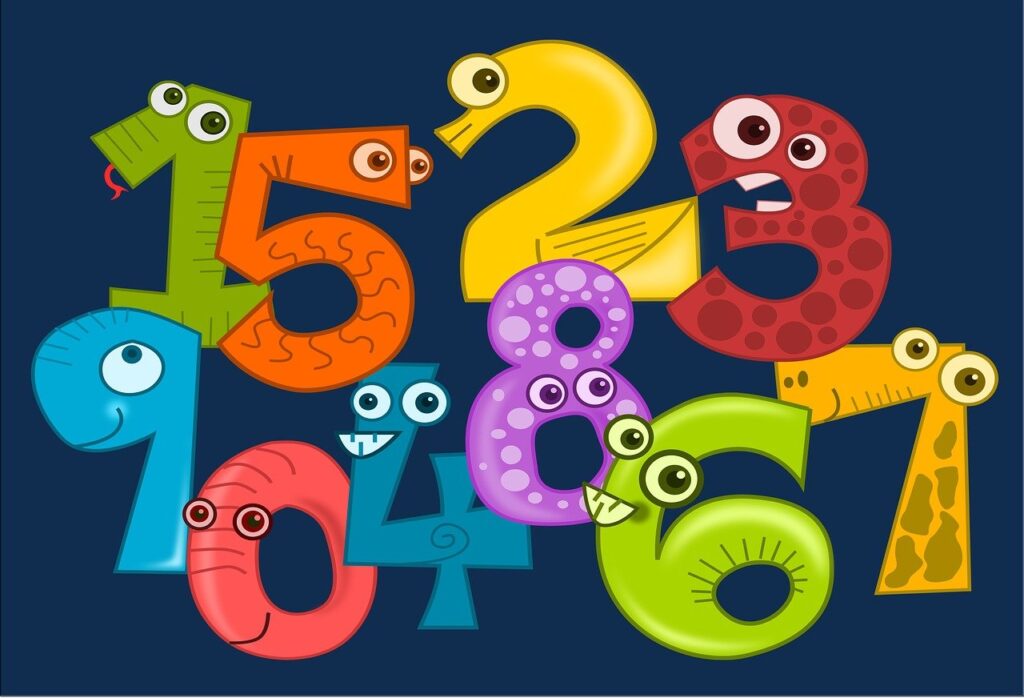It was one of the most bizarre lottery draws ever: the first known example of a straight sequence.
When the numbers 5, 6, 7, 8, 9, and 10 came out for the South African Powerball draw on 1st December, it (naturally) created a storm. This is the first time we’ve heard of any straight sequence from a lottery draw. Naturally, the South African authorities have launched an investigation. But for one of those 20 winners, it was vindication to never change numbers no matter what. Remarkably, he played that sequence of numbers for over ten years.

Each of the 20 players won R5.7m each (around £277,000). The man who insisted players should never change numbers elected to keep his anonymity for safety reasons, as did the other 19. When questioned, the player said he’d buy a new home for his family. Expressing concern for his safety and that of others, he said only immediately family and close friends would find out. Extended family may never know about the win. In a draw where accusations of fraud and fixing hit social media almost immediately, it’s not hard to see why.
This is only the second time more than two winners shared a prize in South Africa.
Why Should You Never Change Numbers?
The most obvious answer to this is that there is no natural sequence or process to numbers coming out. No set are more or less likely to come out than any other. Sequences like this draw seem all the more remarkable because they seem so rare, and they are rare. Getting all six numbers right is difficult at the best of times; yet getting numbers in sequences are rarer still. In a world of infinities, anything is possible. The investigation into whether anything went wrong with this draw is ongoing, but don’t be surprised if nothing was amiss. Truth is often stranger than fiction.
